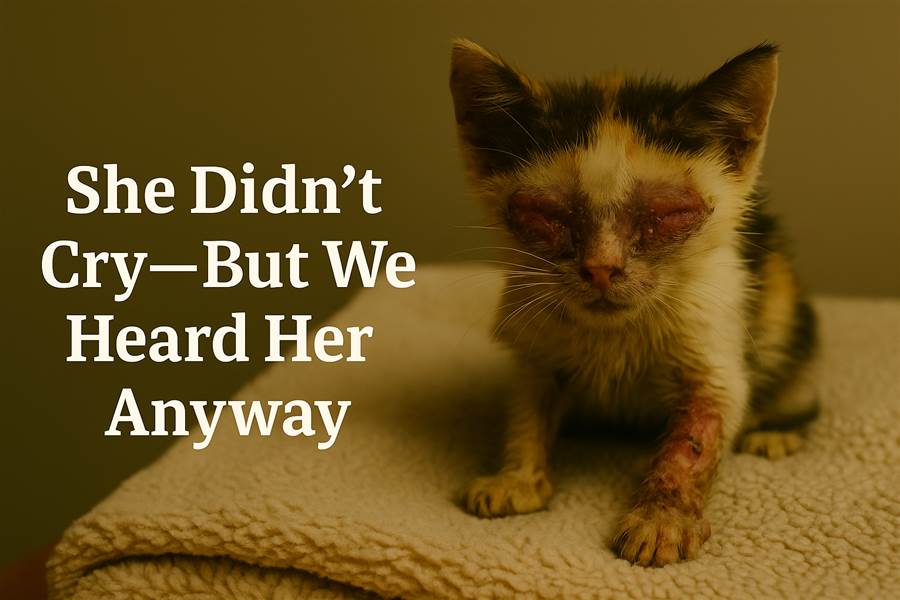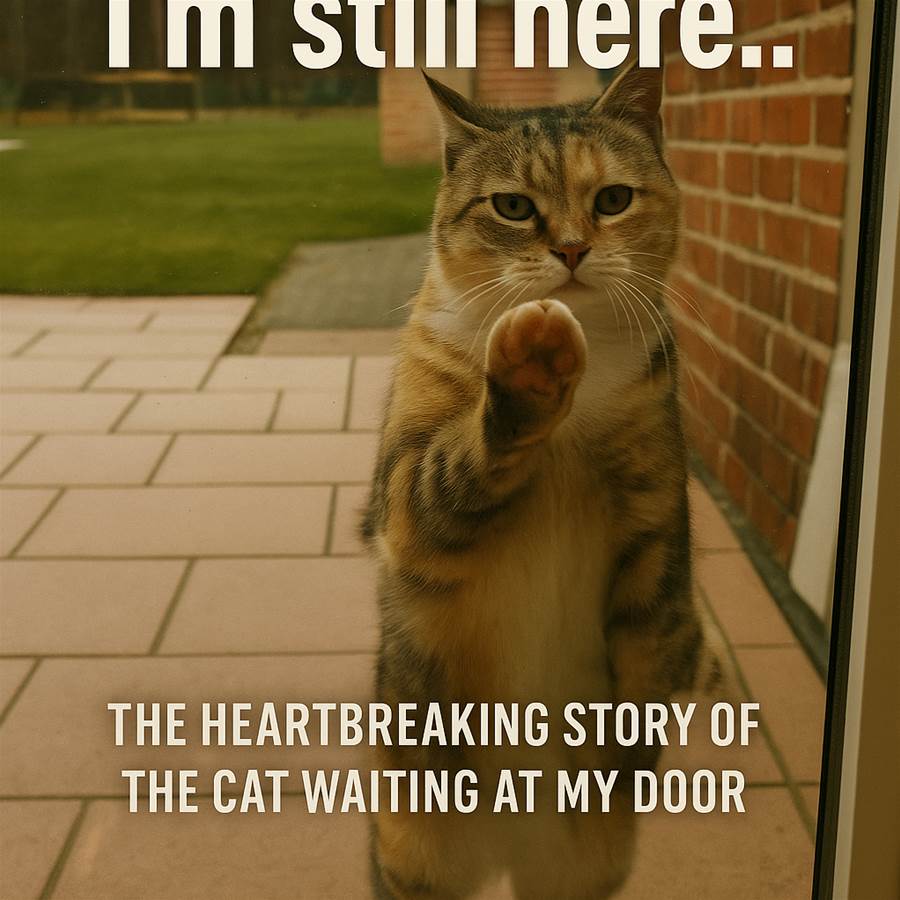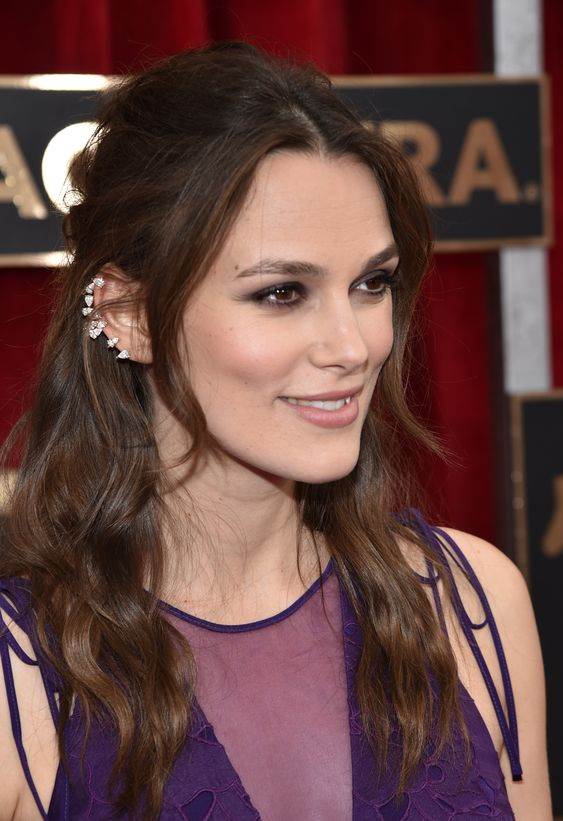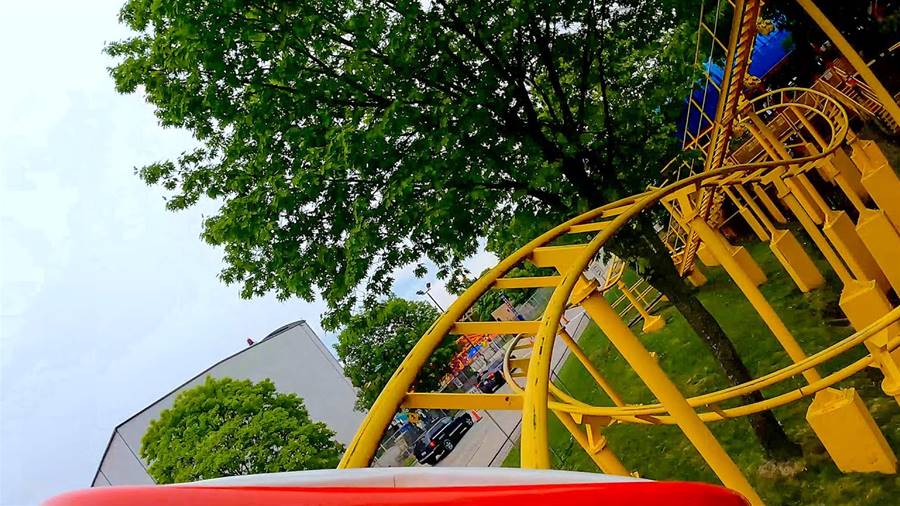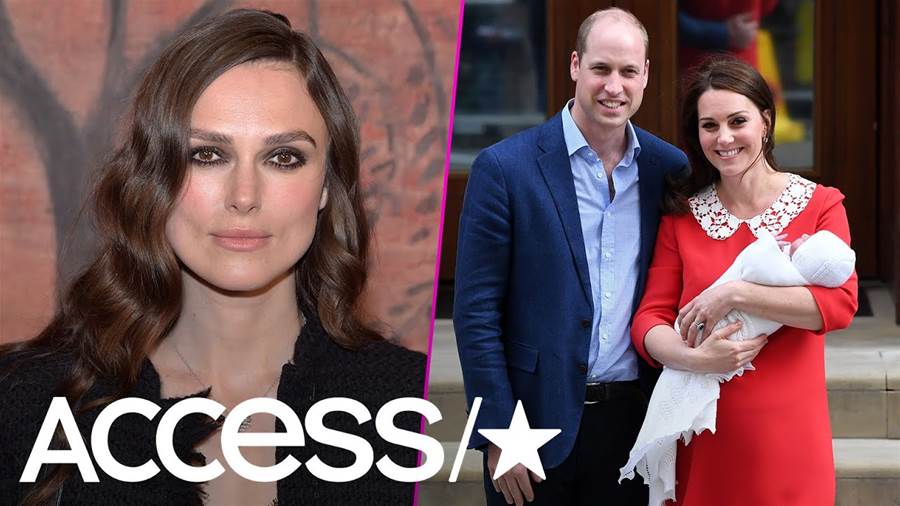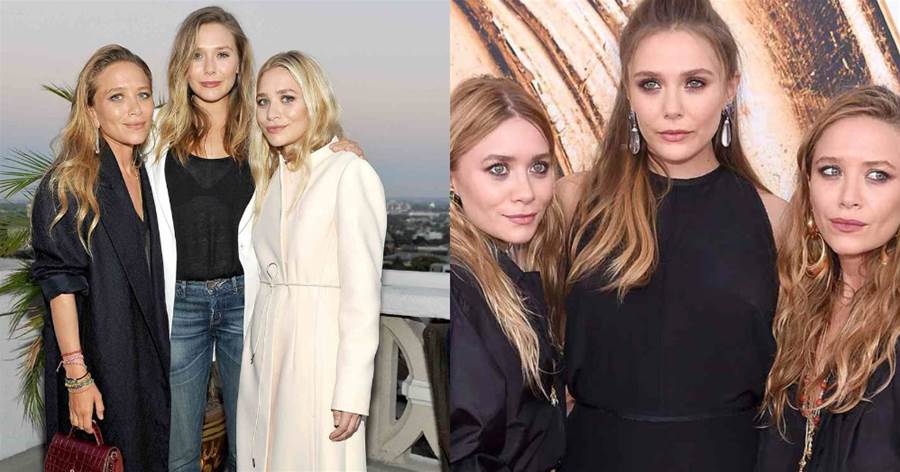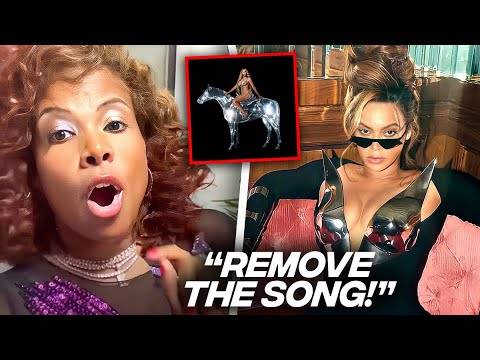
The controversy surrounding Beyoncé allegedly stealing from other artists continues to escalate, creating a worsening drama. Several artists have accused the music icon of plagiarism and intellectual property theft, sparking a heated debate within the industry.
The accusations against Beyoncé started when fellow artist Tiwa Savage released a song titled "One" in 2018, which bears striking similarities to Beyoncé's hit song "Drunk in Love.
The controversy reignited recently when South African musician, Petite Noir, accused Beyoncé of plagiarizing his work for her visual album "Black is King.
The article is not finished. Click on the next page to continue.
